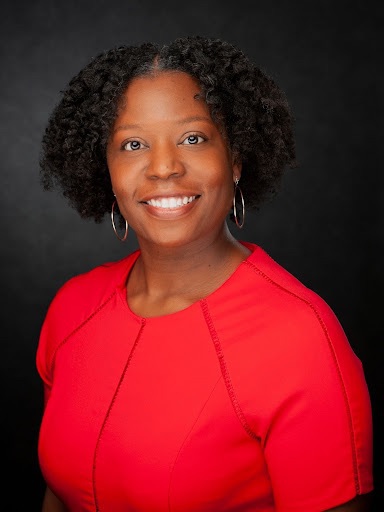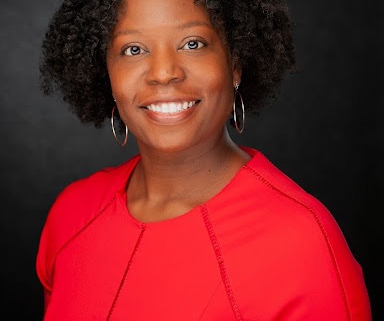Keck Medicine hires first chief diversity officer

Keck Medicine of USC has taken a big step to improve disparate treatment in medicine by hiring its first ever chief officer of diversity and inclusion. Shannon Bradley, who began serving in the position on Sept. 26, aims to bring more equity and diversity to the health center, addressing issues of inclusion among both patients and employees.
Bradley predicts her work will center around a few specific areas: the first being the facilitation of an ongoing process of learning and education by implementing trainings on vocabulary, addressing biases and ways to communicate productively about the experiences of others. Bradley also plans to encourage more interaction with members of the communities Keck serves.
Another area of focus is inclusion, which Bradley said she believes Keck employees must constantly practice. She hopes to foster a more inclusive environment through a combination of education and resource and tool identification. Overall, her goal is to make Keck more inclusive for employees, patients and partners.
“[Inclusion] is like a muscle. And so, the more you practice, or strengthen inclusion and your inclusion practices, the more you build that muscle memory,” Bradley said.
The last area she plans to focus on is equity, which Bradley said she believes must be present in every aspect of life. For Bradley, improving equity will involve evaluating current procedures and analysis of data to form goals, as well as having a strong sense of responsibility in terms of actually getting these goals accomplished.
“Equity will continue to be a theme across the board that we incorporate into everything we do. It’s a process and an outcome,” she said.
Keck Medicine has been taking other steps in this area, including implementing the Diversity and Inclusion Steering Committee in June 2020, a collection of six employee resource groups which support members of traditionally disenfranchised groups and release educational toolkits to the community. Keck has also been working to develop a health equity dashboard with the purpose of examining demographics in the workplace, and how this can be expanded to be more inclusive. They also implemented bias training, with 94% of the leadership team, including medical directors, completing the training last year.
Bradley will also work with Keck’s Diversity and Inclusion Committee to expand on past accomplishments by using the information they previously gathered to establish new goals and help plan initiatives.
“What we ultimately created was a forum and a vehicle to be able to address ongoing opportunities [and] shape programming,” Smitha Ravipudi, chair of the committee, said.
People outside of Keck Medicine will be involved as well. Christopher Manning, the University’s chief inclusion and diversity officer will also be working closely with Bradley and the steering committee to unify efforts between the health center and the rest of the University. With over twenty schools, multiple factions of USC are involved in similar yet isolated efforts to achieve their equity goals.
Some accomplishments that Manning considers to be high points include the Minority Serving Institution Recruitment Conference, which will happen for the second time this year and works with minority serving institutions to allow their students to interact with USC’s graduate programs. The conference is an early acceptance pathway program that has been developed in conjunction with Xavier University, and the focus is on recruiting and enrolling a group of socioeconomically, racially and ethnically diverse students.
“I’m seeking to foster a singular vision of equity, inclusion and belonging at USC,” Manning said.
He said he wants efforts to apply in the classroom context, clinical context and all other areas so that people involved with different parts of the University can all understand each other and learn together, as well as expect the same level of respect in different parts of the University system.
Bradley said she looks forward to her time in the role and believes that this new position is a critical way to provide exceptional care.
“We have a reputation for excellence, and the focus and the goal was really to continue to provide exceptional care and outcomes,” she said.
Bradley believes that such jobs are incredibly important in healthcare, as they can determine the comfort level, safety and health outcomes of a number of people. With this new focus, Keck Medicine hopes to provide a better experience for those working there as well as those receiving care, while setting a positive example for other institutions. This is the next step in a long journey, Ravipudi said.
“We are very dedicated to ensuring that this work is not a committee. It’s not a goal. It goes well beyond that to the point where it’s actually woven into our fabric and ultimately is hardwired into who we are,” she said.

